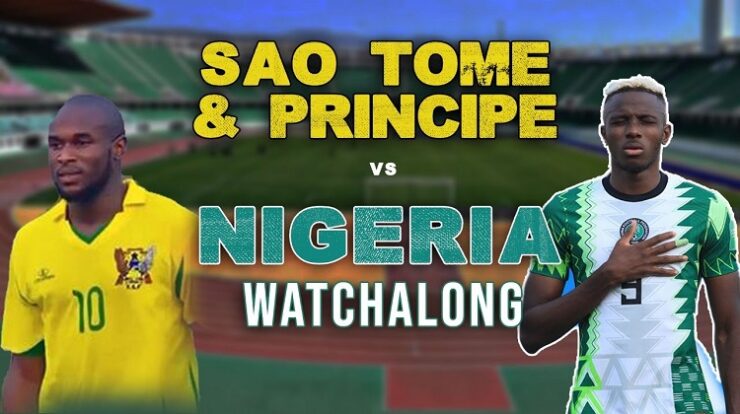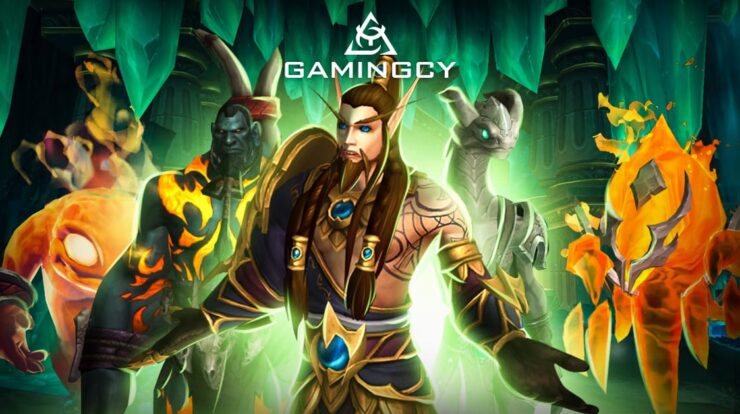
Early Childhood Education (ECE) plays a vital role in shaping the cognitive, social, and emotional development of children, providing a foundation upon which all later learning, behavior, and health depend. One of the notable methodologies within ECE that has gained considerable global recognition is the Montessori Method.
Named after its creator, Dr. Maria Montessori, an Italian physician, and educator, the Montessori approach emerged in the early 20th century as a child-centered educational philosophy. Dr. Montessori believed in fostering a child’s natural inclination to learn by providing an environment that promotes independent, self-directed learning. As opposed to traditional educational models that are often led by structured, teacher-directed activities, the Montessori approach puts the child at the heart of their own education, making them active participants in their learning journey.
The Philosophy Behind the Montessori Approach
At the core of the Montessori approach is a distinct philosophy that respects the individuality of each child and underscores their innate potential. This philosophy revolves around fostering a child’s natural curiosity and love for knowledge, aiming to cultivate their holistic development rather than solely focusing on academic achievement.
A cornerstone of this philosophy is the concept of the ‘Absorbent Mind.’ Dr. Maria Montessori observed that young children have an effortless ability to absorb knowledge from their environment. She compared this to a sponge soaking up information, with children unconsciously assimilating the world around them from birth until around age six. It’s during this stage that children show an incredible capacity to learn and adapt, which underscores the importance of early childhood education.
Complementing the ‘Absorbent Mind’ is the principle of self-directed learning. In the Montessori classroom, children are allowed the freedom to choose their activities based on their interests and readiness, rather than being directed by the teacher. This autonomy encourages children to take ownership of their learning, fostering independence and intrinsic motivation. They learn at their own pace, exploring and discovering their environment, guided by their natural curiosity and eagerness to understand the world.
The Montessori philosophy maintains that by aligning education with the natural process of child development, we can cultivate a lifelong love of learning, nurture well-rounded individuals, and ultimately contribute to a more peaceful world. This foundational belief underscores the rest of the Montessori approach, which we will explore further in the following sections.
Key Elements of the Montessori Method
The Montessori Method consists of several key elements that collectively create a unique educational environment, each designed to nurture a child’s natural desire to learn.
Prepared Environment
At the heart of the Montessori approach is the concept of a “prepared environment.” This environment, often a specially designed classroom, is organized, aesthetically pleasing, and tailored to the child’s size and developmental needs. It is filled with learning materials that foster exploration, discovery, and learning.
The prepared environment offers a sense of order, which aids the development of the mind. Everything in the classroom has a specific place and purpose, with materials arranged on low shelves within easy reach of even the youngest child. This fosters independence, encourages exploration, and instills a sense of responsibility and respect for the environment.
Autoeducation (Self-education)
Autoeducation is the idea that children are capable of educating themselves. In the Montessori Method, children are encouraged to learn by doing. They choose their activities and use the classroom materials to develop their understanding and knowledge. This concept encourages children to learn at their own pace, to correct their own errors, and to engage deeply in the learning process, all of which foster a love of learning and intellectual curiosity.
Montessori Materials
Montessori classrooms are well-known for their unique learning materials. These materials are designed to be multisensory, sequential, and self-correcting, allowing children to explore concepts through their senses and at their own pace. They promote hands-on, active learning and allow for the concrete exploration of abstract concepts.
For example, a child might learn about physical dimensions by manipulating a set of wooden blocks known as “the pink tower,” which range in size from one cubic centimeter to one cubic decimeter. In this way, Montessori materials provide a tangible way for children to understand and explore the world.
Role of the Teacher
In the Montessori approach, the teacher’s role differs significantly from that in a traditional classroom. Here, the teacher is more of a guide or facilitator, carefully observing each child, presenting lessons as appropriate, and gradually stepping back to allow the child to learn independently. This subtle shift respects the child’s individual learning style, promotes self-discipline, and supports the development of autonomous learners.
Benefits of Montessori Approach to Early Childhood Education
The Montessori approach’s unique features lend themselves to a variety of benefits in early childhood education, spanning cognitive, social-emotional, and motor skill development, as well as long-term advantages.
Cognitive Benefits
Montessori education encourages deep, meaningful engagement with learning materials, fostering cognitive benefits such as improved concentration, creativity, and critical thinking skills. The child’s ability to choose their activities based on their interests results in higher motivation and engagement, which consequently leads to deeper understanding and more effective learning.
Social-Emotional Benefits
By promoting cooperation and peer learning, the Montessori method fosters the development of essential social skills such as empathy, respect, and teamwork. Children learn to work both independently and as part of a community, building self-confidence and respect for others. The multi-age classroom structure encourages children to learn from one another, nurture their leadership skills, and appreciate the diversity in skills and abilities.
Benefits for Motor Skills Development
The emphasis on hands-on, practical activities in Montessori education supports the development of fine and gross motor skills. Children engage with real-world tasks like cleaning, food preparation, and construction with Montessori materials, enhancing their coordination, control, and physical development.
Long-term Advantages
Studies suggest that the benefits of Montessori education extend beyond the early years and into adulthood. These long-term advantages include a lifelong love of learning, ability to think critically, problem-solve, adapt to new situations, and a high level of social and emotional intelligence. All these skills are increasingly valued in the 21st-century workforce, underlining the relevance and importance of the Montessori approach.
In sum, the Montessori approach to early childhood education provides comprehensive benefits that foster the holistic development of the child. These advantages underscore the need for the wider recognition and implementation of this child-centered pedagogy.
Conclusion
While not without its criticisms and challenges, the Montessori approach has been shown to offer numerous benefits that extend well beyond the early years, including fostering a lifelong love of learning, enhancing critical thinking, and nurturing social and emotional intelligence. Its value and efficacy lie in its alignment with the child’s natural developmental processes, offering a harmonious approach to education that cultivates not just academically proficient students, but also well-rounded individuals. If you are looking for the best early education options for your child, this method deserves more research and attention.






